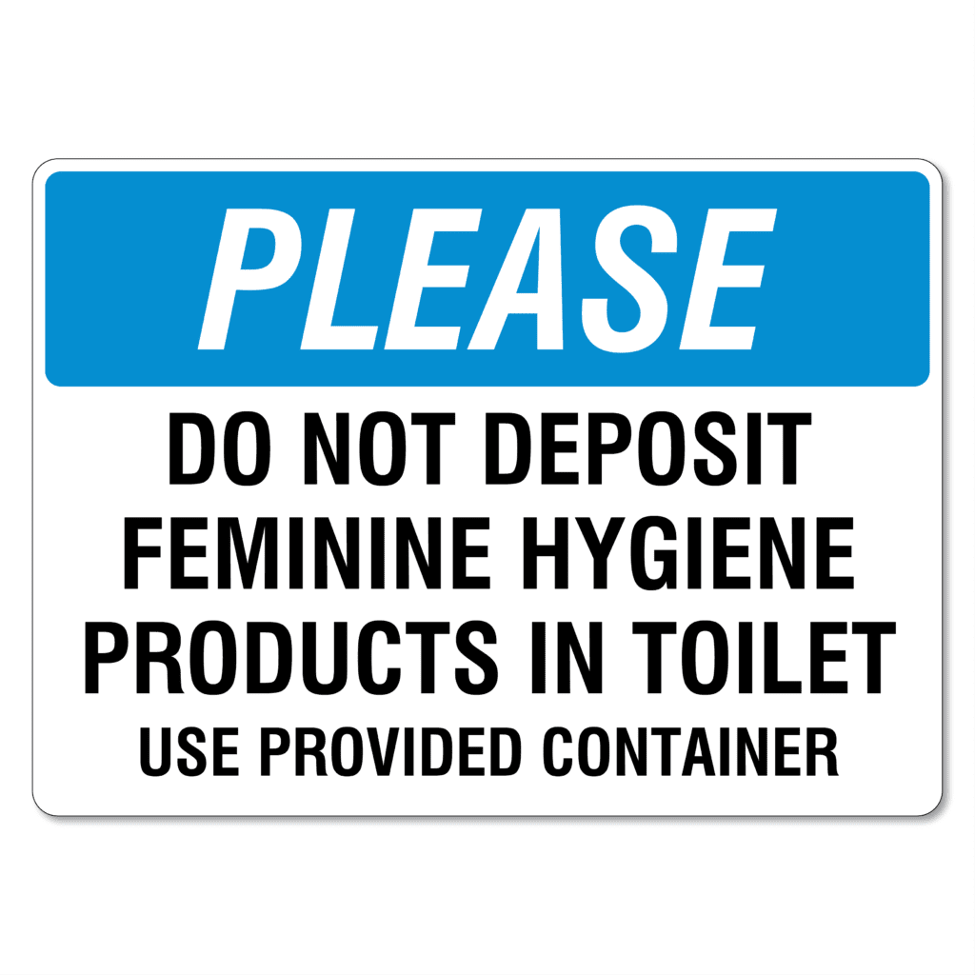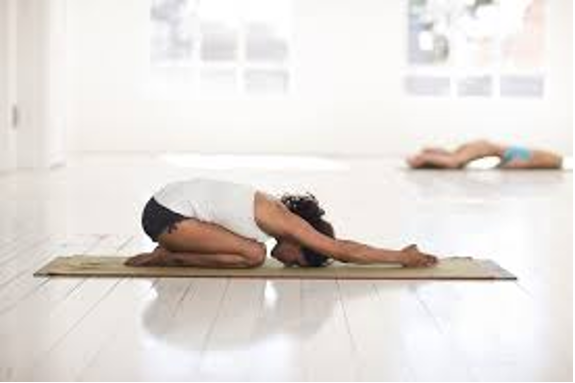To break down the stigma around menstruation we must talk about periods. The terms, expressions, and euphemisms we use can provide insight into how our culture views periods. Changing our language can then become a route for changing those cultural views. This post is going to tackle the term “feminine hygiene” and argue that the phrase supports the stigma around menstruation. This year, we should resolve to leave the term “feminine hygiene” back in 2020. |
Categories
All
Archives
June 2023
|



 RSS Feed
RSS Feed